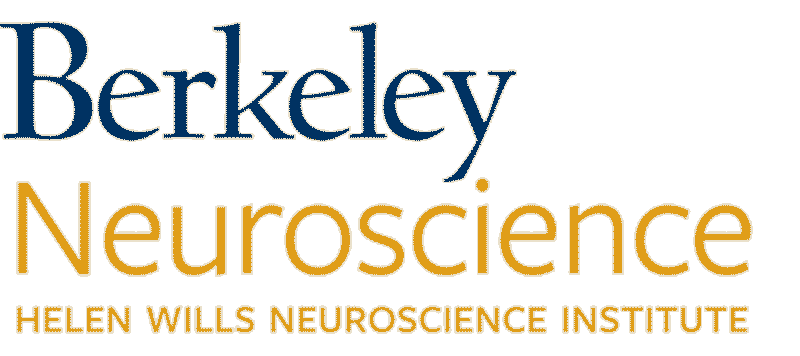The Helen Wills Neuroscience Institute (HWNI) is pleased to announce that Lance Kriegsfeld, Yang Dan, and Daniela Kaufer have won the 2020 Radical Ideas in Brain Science Challenge for their team project to investigate mechanisms underlying cognitive decline. The Challenge is designed to kick-start new multi-disciplinary collaborations that create breakthroughs in understanding the brain and mind in health and disease.
The team will explore the idea that the disruption of circadian rhythms and sleep that occurs with age may contribute to cognitive decline via the degradation of the blood-brain barrier (BBB). They will also investigate whether novel technology involving light exposure could restore circadian rhythms and sleep and protect against cognitive decline. Each member of the team will contribute their own expertise to the project: Kriegsfeld, circadian homeostasis; Dan, sleep biology; and Kaufer, BBB involvement in age-related cognitive decline. The team will receive up to $237,000 over two years for this research, made possible by the generosity of Berkeley Brain Initiative donors.
Read more about the project in the proposal summary below:
Non-invasive targeting of impaired temporal homeostasis as a novel therapeutic for age-related cognitive decline
Lance Kriegsfeld (PI) Professor and Vice Chair of Psychology, and member of HWNI
Yang Dan (co-PI) Professor of Neurobiology, Howard Hughes Medical Institute Investigator, and member of HWNI
Daniela Kaufer (co-PI) Professor and Acting Associate Dean of Integrative Biology, Class of 1943 Memorial Chair, and member of HWNI
Cognitive decline is pervasive with advancing age, with an estimated 50 million people presently living with dementia worldwide. While this cognitive deterioration is widespread, the mechanisms underlying dementia, its underlying neuropathology, and why some individuals are vulnerable while others are resilient are poorly understood. With advancing age, disruptions to circadian and sleep homeostasis are virtually universal and precede age-related dementia. Likewise, the blood-brain barrier (BBB) is regulated by circadian rhythms and sleep, with disruptions to circadian timing/sleep leading to BBB dysfunction. Because deficits in BBB permeability are linked to age-related cognitive deterioration, our proposal explores the possibility that age-related deficits in circadian rhythms and sleep lead to BBB degradation and resultant cognitive decline, and that resilience to sleep/circadian degradation is neuroprotective. We will also apply a novel, non-invasive technology developed in our lab to rescue degraded circadian rhythms, sleep and cognition that has broad translational applicability if successful. Together, these findings will enhance our understanding of the mechanisms and underlying neuropathology of age-related cognitive decline, but also have the potential for wide-ranging treatment.
About the Radical Ideas in Brain Science Challenge
This is the third year of the Radical Ideas in Brain Science Challenge, which is made possible by generous donor support. This year’s focus area was Homeostasis & Resilience. The Challenge provides critical funding to trail-blazing, high-risk, high-potential projects to better understand the brain and mind. It is also an innovative model for future research collaborations to catalyze similar groundbreaking neuroscience discoveries. The selection process was managed by the Helen Wills Neuroscience Institute. To learn more about the Radical Ideas in Brain Science Challenge, visit the program page.


